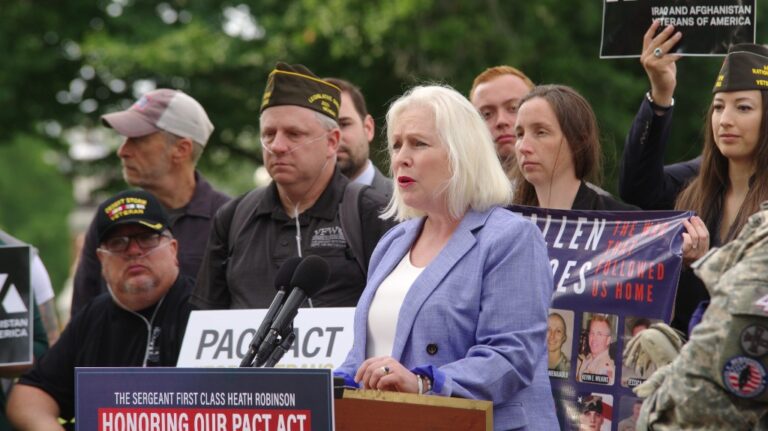It is unusual for the U.S. Supreme Court to agree on much of anything these days, with the Court’s conservative-leaning justices aligning on one side of most controversies and the progressive-leaning justices on the other. Unanimous decisions, while not uncommon, are worthy of attention because when they happen, the two camps of the Court are speaking as to what the law is with one unified voice.
This month, the Court issued a unanimous decision in Arellano v. McDonough, upholding the VA’s denial of retroactive benefits to a Navy veteran. The opinion’s author, Justice Amy Coney Barrett, found that while applicable law may lead to some harsh results, it was Congress’s prerogative to craft the law that the VA is to follow.

The Facts of Arellano
In Arellano, the plaintiff was a Navy veteran who served between 1977 and 1981. In 2021, Arellano filed for disability benefits, claiming that he was entitled to those benefits because he sustained trauma during his service. Arellano claimed the trauma came as the result of an aircraft carrier on which he was stationed colliding at sea with another ship.
The VA approved Arellano’s claim for disability benefits, but only prospectively. Arellano had sought retroactive benefits to cover the entire period from the time of his discharge to the time he filed his claim 30 years later.
Normally, to receive retroactive benefits, you must apply for these benefits within one year of your discharge. If eligible, you will receive only a year’s worth of retroactive benefits. Arellano claimed, however, that his trauma prevented him from timely applying for benefits and requesting retroactive benefits.
The Holding of Arellano
Justice Coney Barrett’s opinion was succinct: The law clearly set forth what a veteran must do to receive retroactive benefits and what benefits they can receive, if eligible. Because Arellano did not comply with the law’s demands, he was not eligible to receive the retroactive benefits he sought, no matter how harsh the result might be.
Justice Coney Barret’s opinion said that it was within the power of Congress to change the law if it wanted to avoid these sorts of outcomes.
The Lesson of Arellano
The disability claims and appeals process has timelines, and Arellano is a reminder that these timelines matter. If they are exceeded, there is often very little that can be done. For example, a request for certain types of review of a disability claim denial must be filed within one year of the denial. Failing to do this can mean you lose the ability to appeal your adverse decision.
Trust Veterans Law Attorneys with Your VA Disability Claim Denial Appeal
The team of dedicated veterans law attorneys at Veterans Law Attorneys are committed to protecting your rights when it comes to your VA disability claim. Retain our services as soon as possible after a claim denial, and trust us to ensure your appeal is timely filed and professionally advanced.
Discuss your needs and our services with us more by calling 866-894-9773. You can also reach out to us online.





